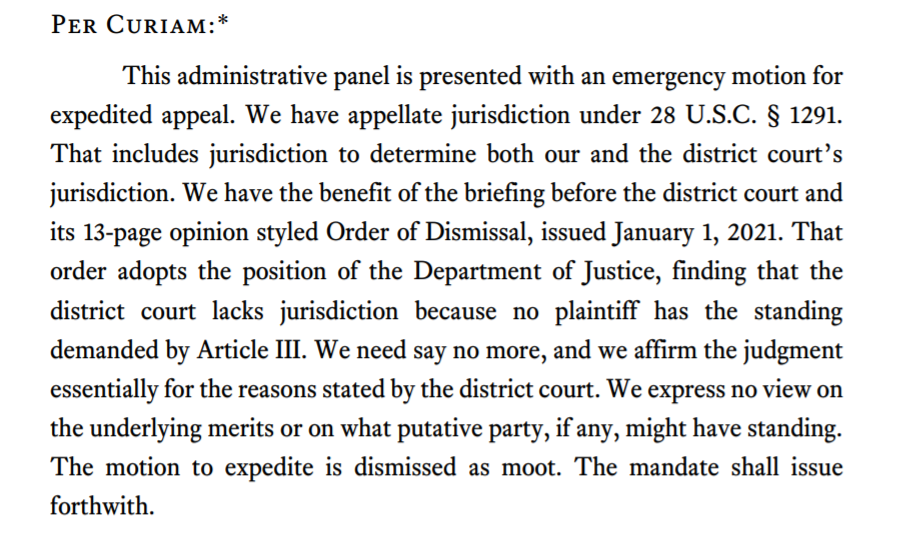 “Mindful of the fundamental right to fairness in every proceeding–both in fact, and in appearance,” the Fifth Circuit reversed the outcome in a Title VII dispute, and ordered the reassignment to a new district judge on remand, when:
“Mindful of the fundamental right to fairness in every proceeding–both in fact, and in appearance,” the Fifth Circuit reversed the outcome in a Title VII dispute, and ordered the reassignment to a new district judge on remand, when:
From the outset of these suits, the district judge’s actions evinced a prejudgment of Miller’s claims. At the beginning of the Initial Case Management Conference, the judge dismissed sua sponte Miller’s claims against TSUS and UHS, countenancing no discussion regarding the dismissal. Later in the same conference, the judge responded to the parties’ opposition to consolidating Miller’s two cases by telling Miller’s counsel, “I will get credit for closing two cases when I crush you. . . . How will that look on your record?”
And things went downhill from there. The court summarily denied Miller’s subsequent motion for reconsideration, denied Miller’s repeated requests for leave to take discovery (including depositions of material witnesses), and eventually granted summary judgment in favor of SHSU and UHD, dismissing all claims.”
Miller v. Sam Houston State, No. 19-20752 (Jan. 29, 2021).








